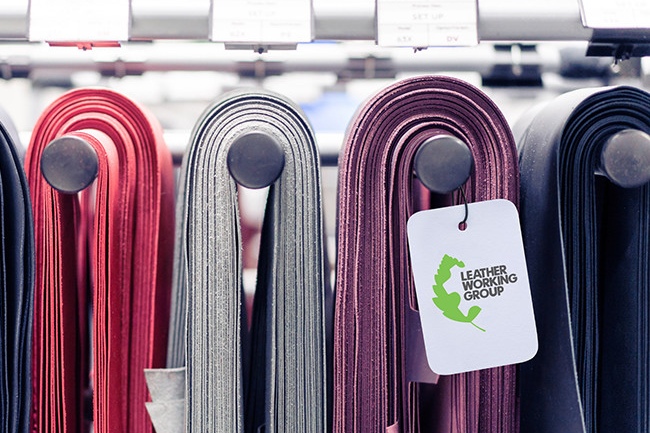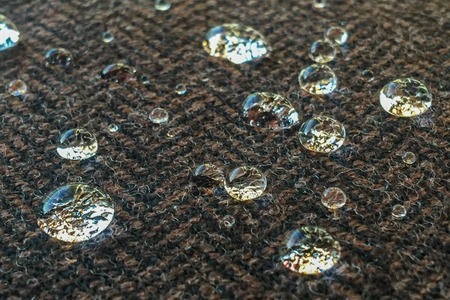
WWF joins Leather Working Group to work on ESG practices of the leather industry
YarnsandFibers News Bureau 2021-10-13 10:25:15 – United KingdomThe Leather Working Group (LWG) has welcomed the globally renowned NGO, World Wildlife Fund (WWF) as a member, with the goal of bringing about meaningful change in the leather industry's ESG practices.
The partnership will combine the efforts of the two organizations to maximize their influence on a number of programs targeted at driving environmental and social change in the leather supply chain.
NGOs such as WWF and the National Wildlife Federation (NWF) have previously provided input and direction to the LWG on topics such as traceability and deforestation. This new milestone strengthens the existing partnership, with WWF becoming an official member of LWG in August 2021.
The LWG-WWF collaboration will expand on LWG's existing base of knowledge and established workstreams to investigate, establish, and promote additional solutions to assist leather sector businesses. As a result, members of the leather supply chain will be able to implement rigorous processes and satisfy their science-based commitments in areas such as deforestation, water stewardship, human rights, and emissions.
Christina Trautmann, program manager at LWG said that collaboration is important to their group's success. They are happy to have WWF join the LWG as a member and to continue building their partnership with them to help them achieve its goals. By combining WWF's resources with their own experience and longstanding ties with the leather industry, their stronger collaboration should yield meaningful, long-lasting change in the ESG practices of the leather supply chain.
Mauricio Bauer, senior director, beef & leather supply chains at World Wildlife Fund (WWF) US, said that the work being developed by the Leather Working Group to enhance the sustainability of leather value chains is an important step forward in enhancing transparency and creating a trust for leather stakeholders across the board.
Bauer added that incorporating additional checks on material sourced from threatened areas into the auditing methodology is a highly effective strategy to achieve zero deforestation and conversion supply chains for leather globally. The Leather Working Group's mission is to combat habitat loss.
Working towards a full deforestation and conversion-free (DCF) leather supply chain is a top aim for the LWG, which requires due diligence steps as part of its LWG Audit. While the LWG Leather Manufacturer Audit Protocol (P7) now includes a section on social auditing for the first time in version 7.0.
Within the LWG auditing standards, managing the use of water in leather production has also been a top environmental goal. To help all enterprises in the leather supply chain, including brands and retailers, understand and manage their water usage and reduce their impact, LWG will draw on WWF's work on water resource protection.
Leather makers are also evaluated as part of the LWG Leather Manufacturer Audit on a variety of environmental impact aspects, such as air emissions and waste management.
In the future, the group hopes to provide more information to brands and retailers about their suppliers' carbon footprints, allowing them to better understand and reduce their own carbon footprint. The LWG will work with WWF to help its member companies set commitments to reduce greenhouse gas emissions and reach science-based targets.
Market Intelligence
Ask for free sample Report

experience
Customer Base
dedicated team
Countries Served Worldwide









